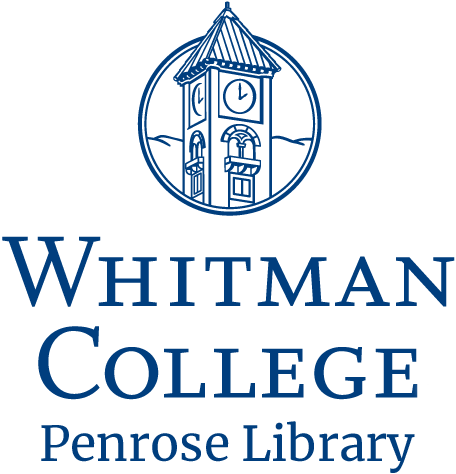Open Access Week 2016
As subscriptions to scholarly journals have become more and more expensive, encountering a paywall – the requirement that you pay for access to an article, dataset, or other scholarly resource – can frustrate even scholars using the most extensive and best-funded libraries, if the subscriptions to the journals they need are not affordable. For researchers not affiliated with an academic library, or whose libraries cannot afford extensive journal subscriptions, this roadblock is a frequent occurrence. Such roadblocks can hinder the progress of scholarly research. The “serials crisis” of spiraling costs and other restrictions on library subscriptions, together with broader concerns about the profits of conventional publishers from academic labor that they did not pay for, have helped to motivate the Open Access movement in scholarly communications. The Open Access movement wants to take advantage of the possibilities of digital publishing and distribution online to make scholarly research more freely available.
For scholarly communications, Open Access means “the free, immediate, online availability of research articles” combined with the “rights to use these articles fully in the digital environment” (SPARC). This might mean indexing them, mining their text or data, or other uses. (See JSTOR’s Data for Research tool for some ideas of how digital reuse might work, although JSTOR as a whole is not an Open Access repository.) Similar ideas apply to Open Data and Open Educational Resources: teaching, learning, and research resources that are free of access barriers (including cost), and that also carry legal permission for open use (SPARC). For both OER and Open Data, remixing and reusing (beyond fair use permitted in US copyright law) are of primary importance, and therefore licenses such as Creative Commons that permit remixing and reuse are favored for these formats.
Open Access Week (October 24-30, 2016) recognizes the important potential of open scholarship and open educational materials for research, teaching and learning. The first Open Access Week took place in 2009. This year’s theme is “Open in Action” and is intended to encourage all scholars and researchers to take steps to make the products of their research more accessible.
For more links to resources to make your research products open, see our LibGuide. Whitman’s Institutional Repository, ARMINDA, can be a resource for hosting open materials – please contact us to discuss how the Library can help make your open materials accessible.

Image Credit: PLOS CC BY-SA 3.0
